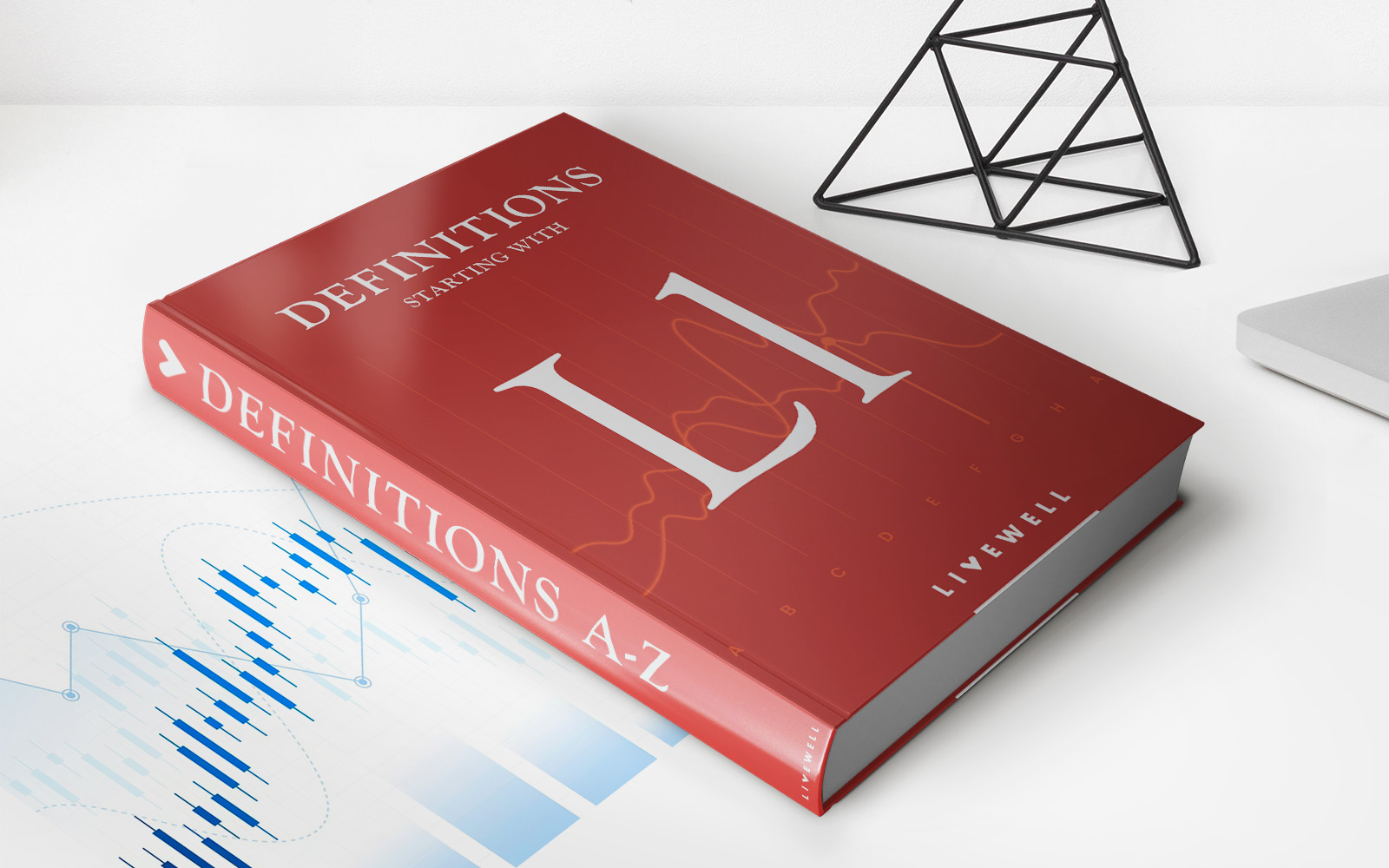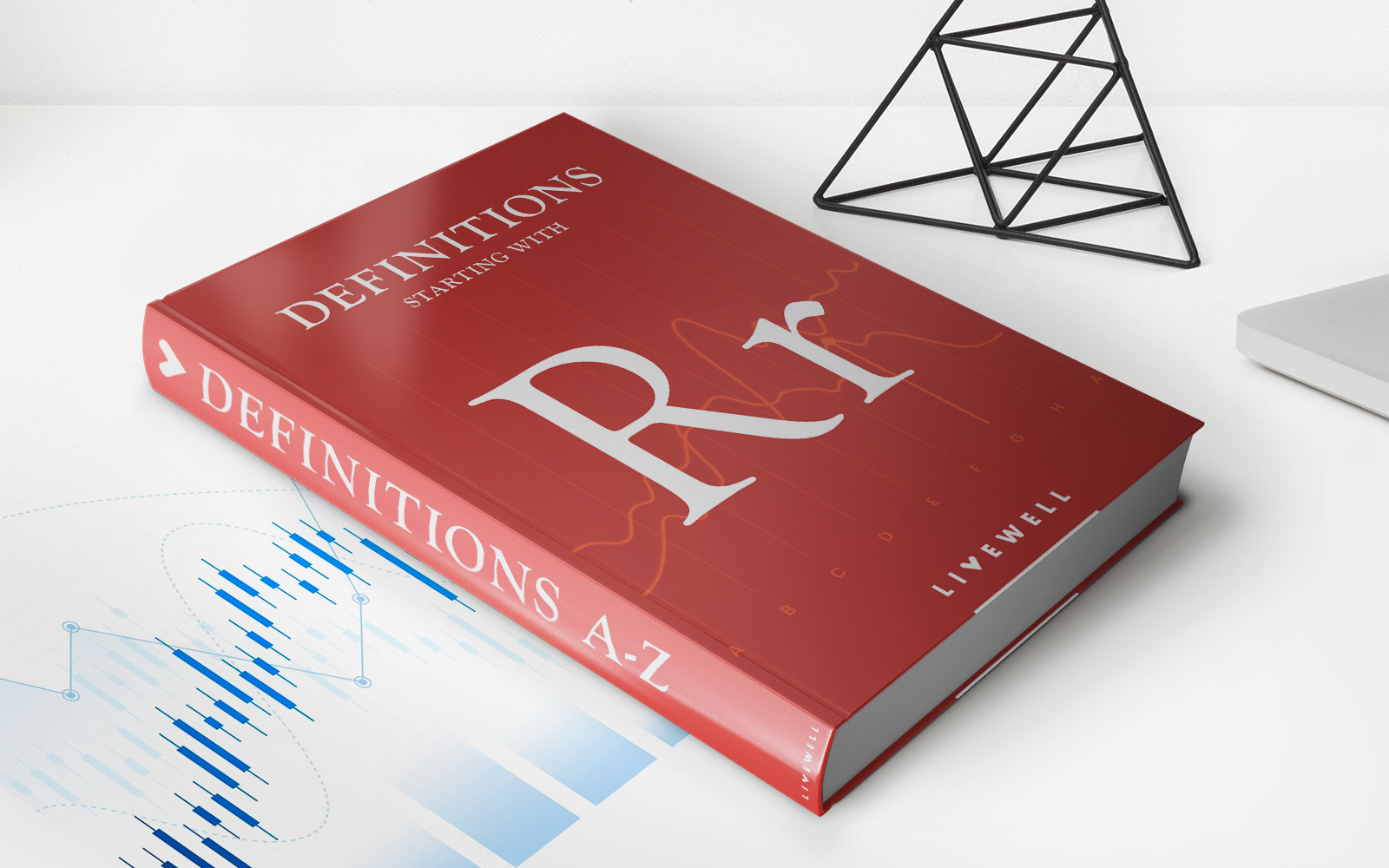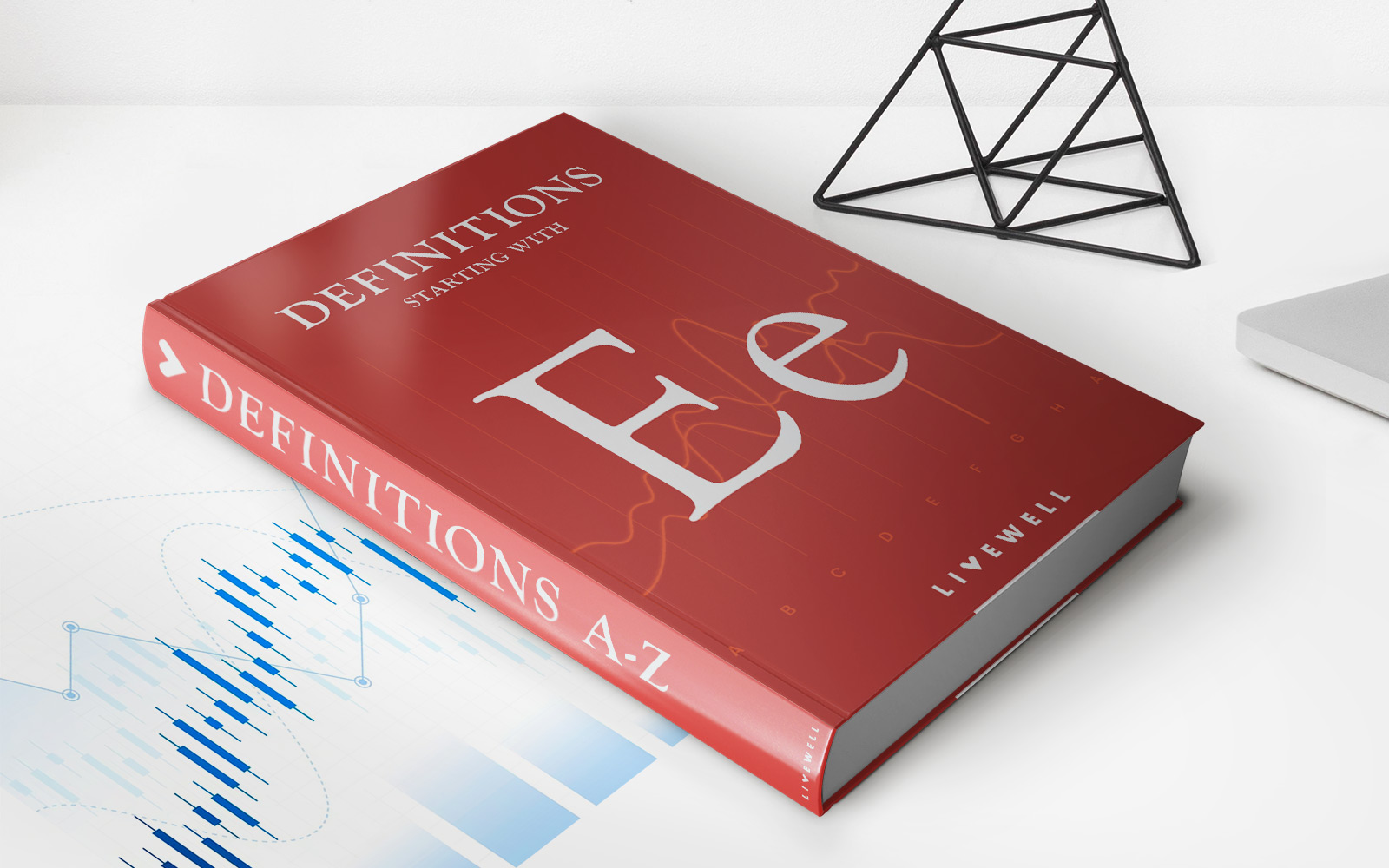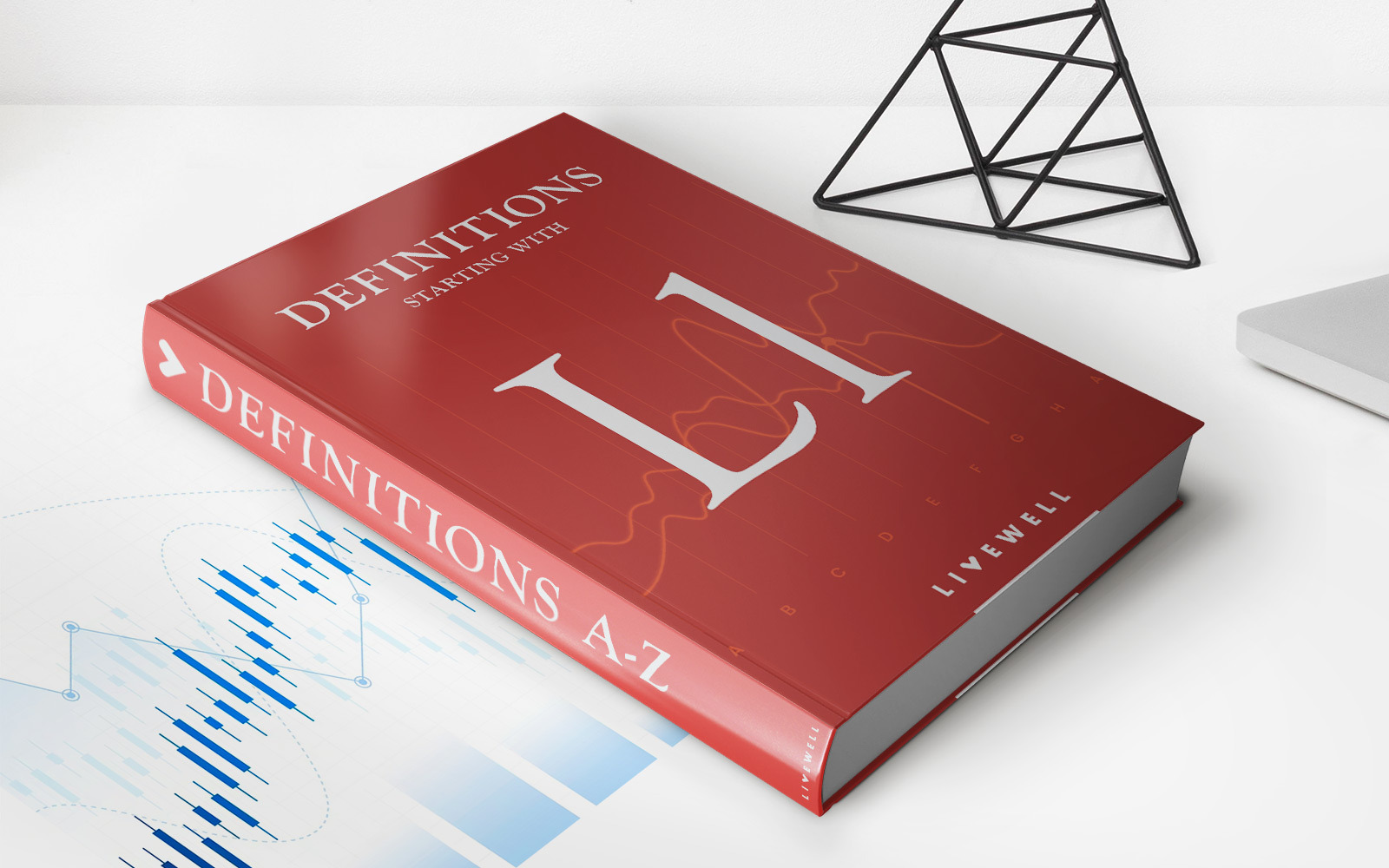Home>Finance>Exclusive Listing: Definition, Types, Pros And Cons
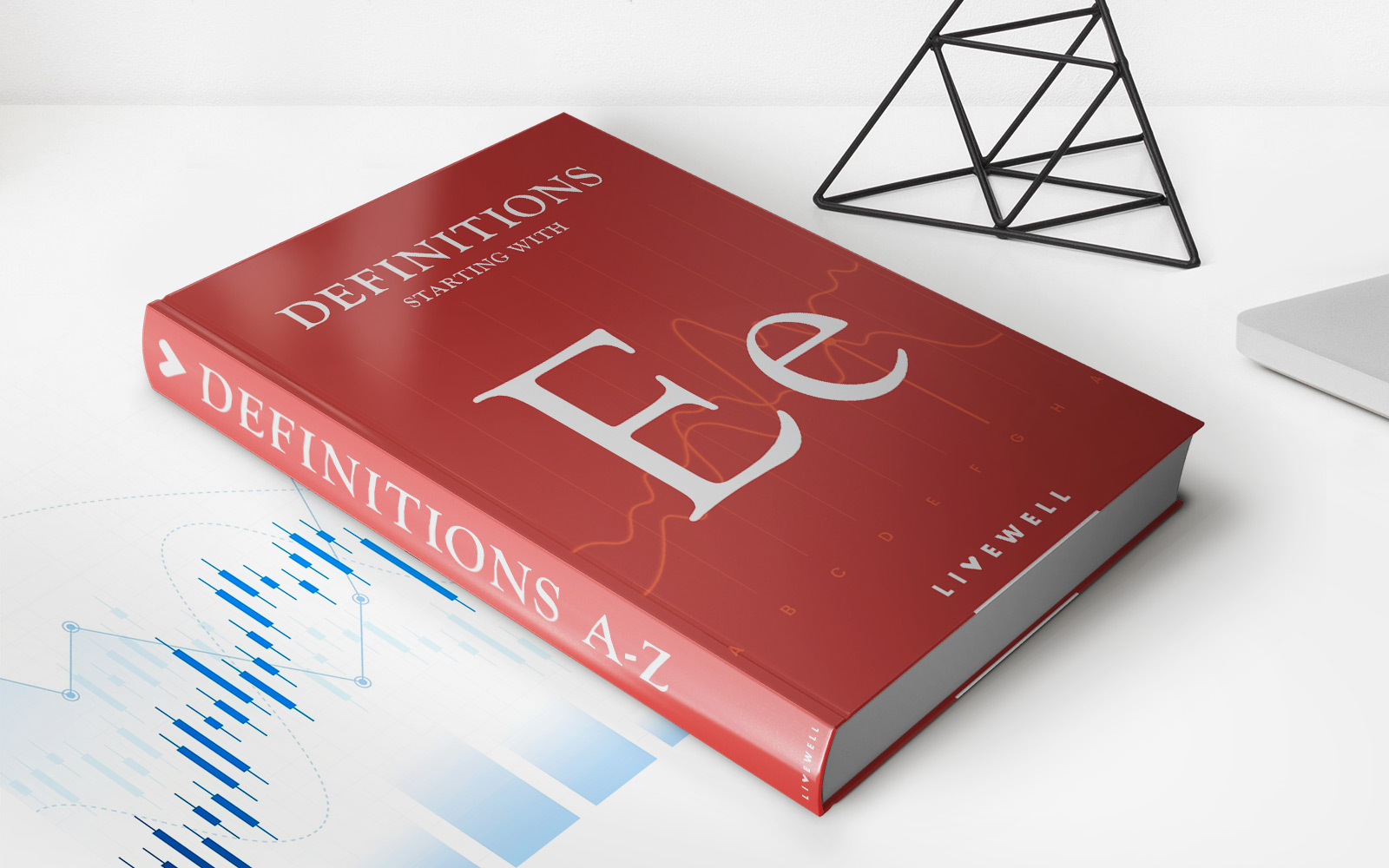

Finance
Exclusive Listing: Definition, Types, Pros And Cons
Published: November 20, 2023
Learn the definition and different types of exclusive listings in finance. Discover the pros and cons of this exclusive arrangement.
(Many of the links in this article redirect to a specific reviewed product. Your purchase of these products through affiliate links helps to generate commission for LiveWell, at no extra cost. Learn more)
What is an Exclusive Listing?
Are you looking to sell or lease your property, but unsure about the best approach? One option you could consider is an exclusive listing. Exclusive listings provide a unique opportunity for both sellers and real estate agents to work together in a more focused and committed manner. In this blog post, we will explore the definition, types, pros, and cons of exclusive listings in detail.
Key Takeaways:
- An exclusive listing is an agreement between a property owner and a real estate agent, granting the agent the sole right to represent the property and secure a buyer or tenant.
- Exclusive listings offer numerous benefits, including increased marketing efforts, personalized attention, and the potential for higher sale or lease prices.
The Definition of Exclusive Listing
An exclusive listing is a contractual agreement between a property owner and a real estate agent, granting the agent the sole right to represent the property and secure a buyer or tenant. During the period of the exclusive listing agreement, the property owner is not allowed to work with any other real estate agents or marketing channels to sell or lease the property. This exclusivity ensures that the agent’s efforts are focused and strategic, increasing the chances of a successful transaction.
The Types of Exclusive Listings
There are two main types of exclusive listings: exclusive right to sell and exclusive agency.
- Exclusive Right to Sell: In an exclusive right to sell listing, the appointed real estate agent has the exclusive right to market and sell the property. Regardless of who finds the buyer – the agent or the property owner – the agent is entitled to the commission. This type of agreement motivates the agent to put in maximum effort to secure a successful transaction.
- Exclusive Agency: In an exclusive agency listing, the agent has exclusivity to market and sell the property, but the property owner retains the right to sell the property themselves without involving the agent. In this case, if the property owner finds a buyer, they can avoid paying the agent’s commission. However, if the agent brings a buyer, they will still be entitled to the commission.
The Pros and Cons of Exclusive Listings
As with any approach, exclusive listings have their own set of pros and cons, which both sellers and real estate agents should consider:
Pros:
- Increased marketing efforts: With an exclusive listing, the agent can focus their marketing efforts exclusively on the property, potentially reaching a more targeted audience.
- Personalized attention: Exclusive listings allow agents to dedicate more time and attention to the property since they are not juggling multiple listings simultaneously.
- Potential for higher sale or lease prices: The dedicated efforts and personalized attention can result in a higher sale or lease price for the property, maximizing the return for the property owner.
Cons:
- Limited exposure: Since exclusive listings restrict the involvement of other agents and marketing channels, there is a risk of limited exposure to potential buyers or tenants.
- No guarantee of a successful transaction: Just like any other real estate transaction, there is no guarantee of a successful sale or lease, even with an exclusive listing.
Conclusion
Exclusive listings offer a unique approach to selling or leasing a property, providing a level of focus and commitment from both the property owner and the real estate agent. While they come with their own set of advantages and disadvantages, the potential benefits, such as increased marketing efforts and personalized attention, make exclusive listings worth considering for property owners and real estate agents alike.
Have you ever considered using an exclusive listing for your property? Share your experiences or thoughts in the comments below!

